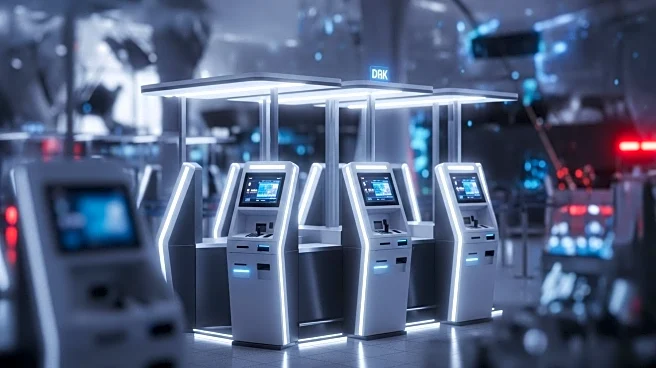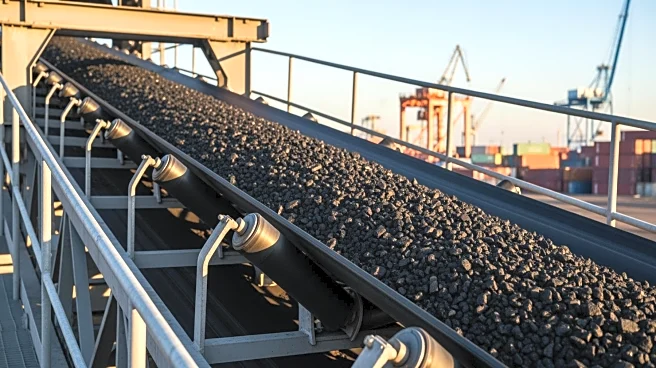What is the story about?
What's Happening?
Major European airports, including Heathrow, Berlin, and Brussels, are working to restore normal operations following a cyberattack on Collins Aerospace's check-in systems. The attack disrupted automatic check-in processes, leading to long queues, cancellations, and delays. While disruption has eased, some delays persist as airports implement manual workarounds. Regional regulators are investigating the hacking incident, which is part of a series of cyberattacks affecting various sectors. Collins Aerospace, owned by RTX, is addressing the issue with its MUSE software, used by several airlines globally.
Why It's Important?
The cyberattack on Collins Aerospace's systems highlights the critical importance of cybersecurity in the aviation industry. The disruption affects passenger travel and airport operations, emphasizing the need for secure and resilient systems. The incident is part of a broader trend of cyberattacks targeting essential services, raising concerns about the potential impact on global transportation and commerce. It underscores the necessity for airports and technology providers to invest in robust cybersecurity measures and develop contingency plans to mitigate future risks.
What's Next?
Airports are expected to continue using manual workarounds while Collins Aerospace works on resolving the software issues. Regional regulators are investigating the cyberattack's origin, which may lead to increased scrutiny and enhanced cybersecurity protocols in the aviation industry. The incident may prompt airports and technology providers to invest in more secure systems and develop contingency plans to prevent future disruptions.















